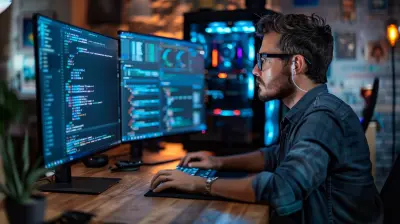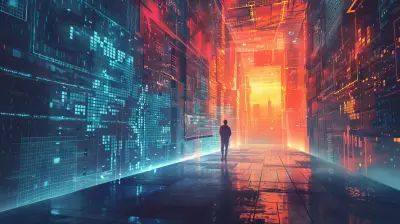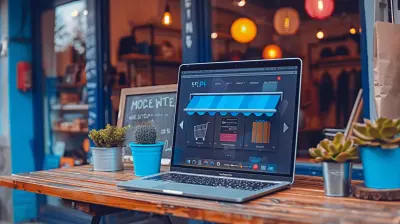Exploring the Limits of Robot Creativity: Art, Music, and Beyond
26 July 2025
Technology is evolving at an insane pace, and artificial intelligence (AI) is standing at the forefront of this revolution. But here’s a question—can robots be creative? We often associate creativity with human emotion, imagination, and personal experience. And yet, AI is composing music, creating paintings, and even writing poetry. So, does this mean robots can truly be creative, or are they just mimicking human ingenuity?
Let’s dive deep into the fascinating world of AI-driven creativity and see where it stands today, where it might be going, and whether machines are just tools or budding artists.
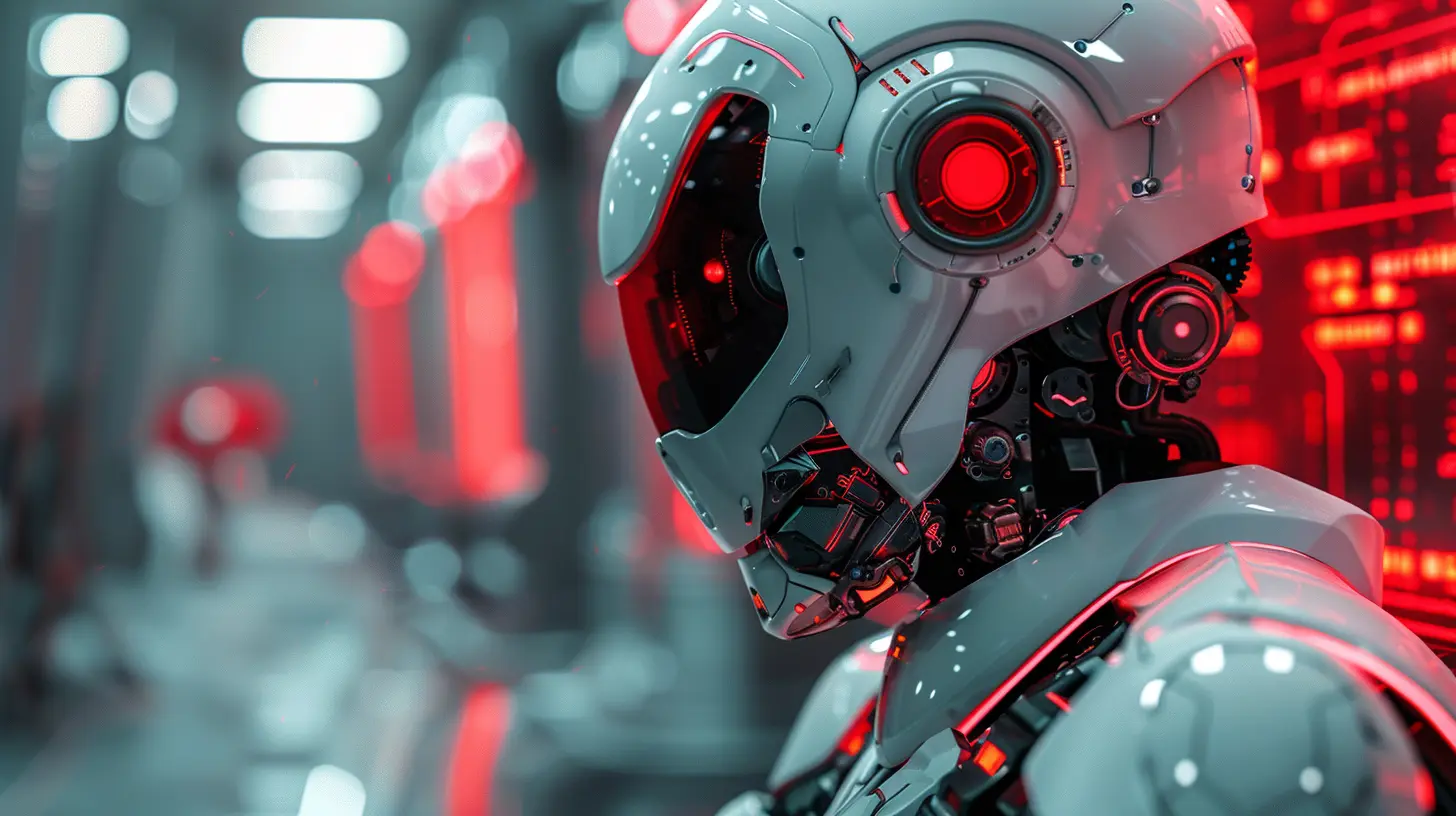
What Is Creativity, Anyway?
Before we can judge whether robots are creative, we need to define creativity itself. Traditionally, creativity is seen as the ability to generate novel and valuable ideas, often inspired by emotions, personal experiences, and cultural influences.But AI doesn't have emotions or experiences—at least, not the way we do. It processes vast amounts of data, identifies patterns, and generates content based on those patterns. Does this qualify as creativity, or is it just an advanced form of imitation?
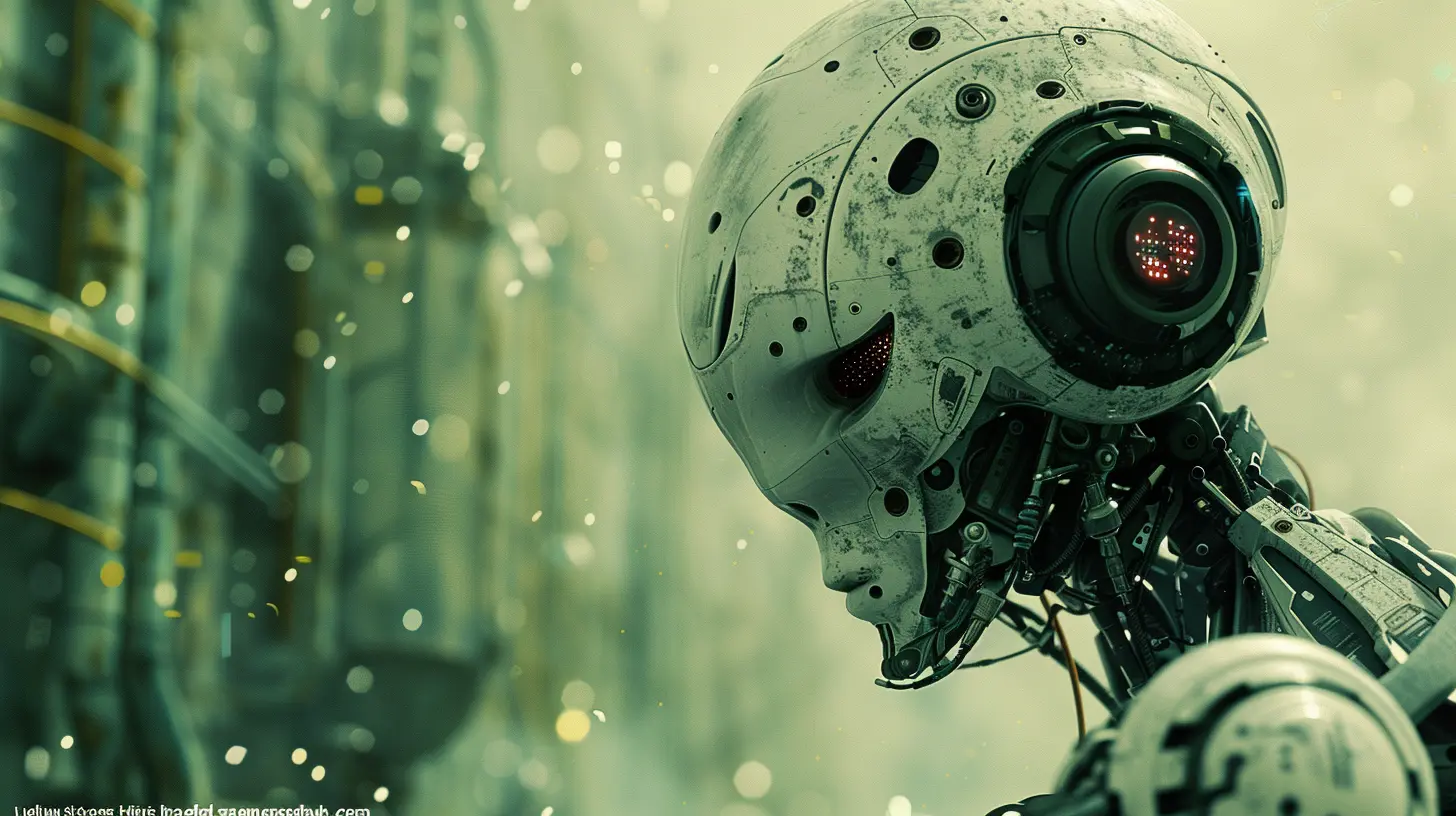
AI in the World of Art
Can a Robot Paint Like a Human?
AI-generated art has taken the world by storm. Remember when an AI-created painting called Portrait of Edmond de Belamy sold for a whopping $432,500 at auction? That was a wake-up call to many who believed robots couldn't be real artists.AI tools like Deep Dream and DALL·E can create stunning, sometimes bizarre, pieces of art. But here’s the kicker: these AI models don’t have personal inspiration or emotion. They analyze thousands of pieces of human-made artwork and generate something new based on learned patterns.
So, is that real creativity? Some say yes—after all, human artists are also influenced by the work of others. But others argue that without emotion or personal intent, AI art is just a sophisticated remix rather than an original creation.
AI and Emotional Expression in Art
One of the biggest critiques of AI-generated art is the lack of emotional depth. A human artist might paint a scene from a painful or joyful memory, pouring feelings into every brushstroke. AI, on the other hand, is just processing data.That said, AI-generated art can still evoke powerful emotions in viewers. And since art is subjective, does it really matter if the creator is human or machine?
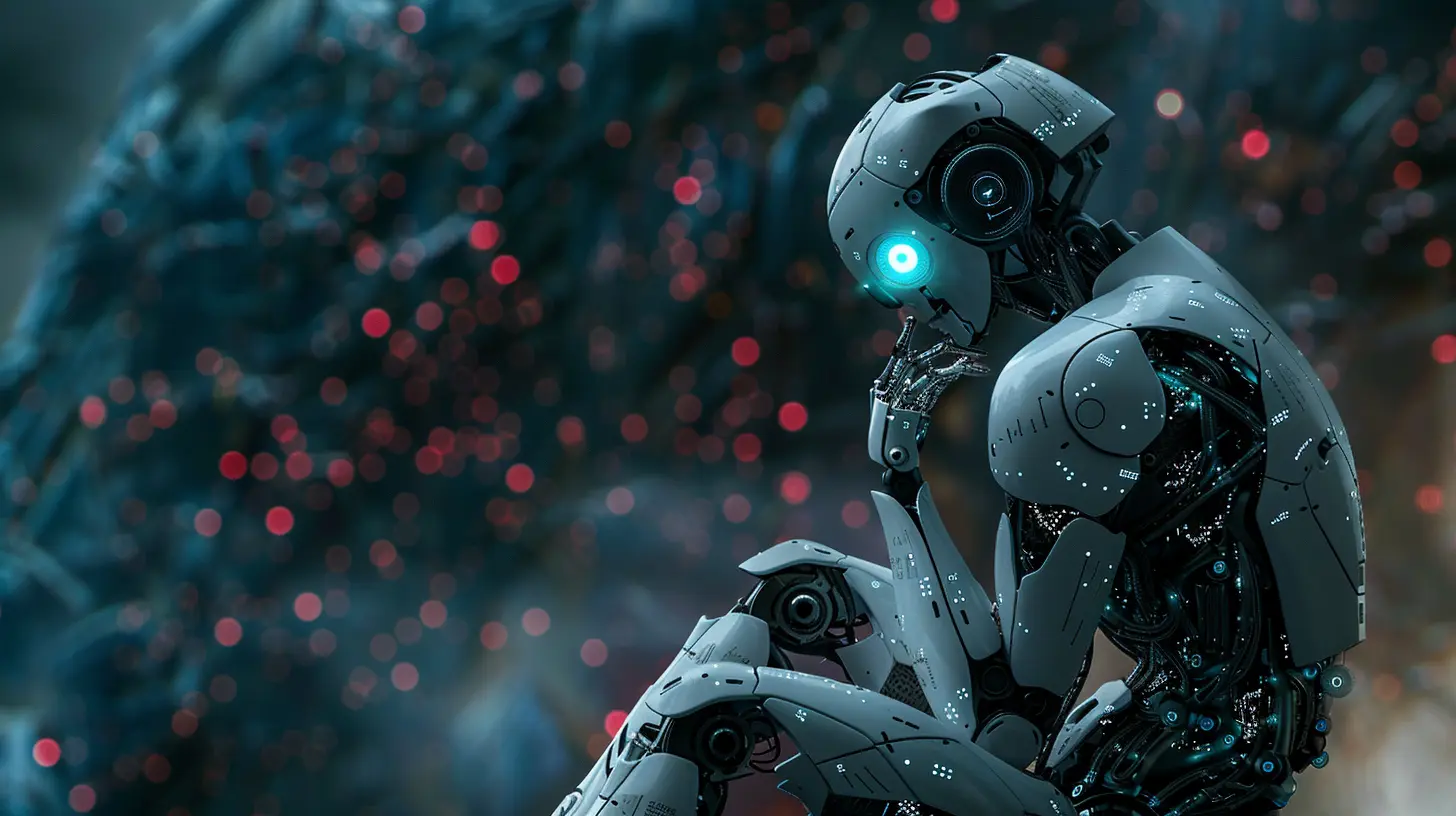
AI’s Role in Music Composition
Robots as Composers: Hitting the Right Notes
If you think AI-generated music is just simple, repetitive beats, think again. AI models like OpenAI’s MuseNet or AIVA can create full-fledged symphonies, jazz pieces, and even pop songs.AIVA, for instance, has been trained on works by Mozart, Beethoven, and Bach, allowing it to compose entirely new classical melodies. The results? Surprisingly emotional and complex compositions. But just like with AI art, the debate remains: Is this true creativity or just advanced pattern recognition?
Can AI Capture Human Emotion in Music?
Music is deeply emotional. A heartbreak song hits differently when it’s written by someone who has actually lived through the pain. AI, however, doesn’t experience emotions—it calculates them.Yet, AI-generated compositions have brought people to tears. Why? Because music itself is a form of structured sound that can still move us, even if its creator lacks human emotions.
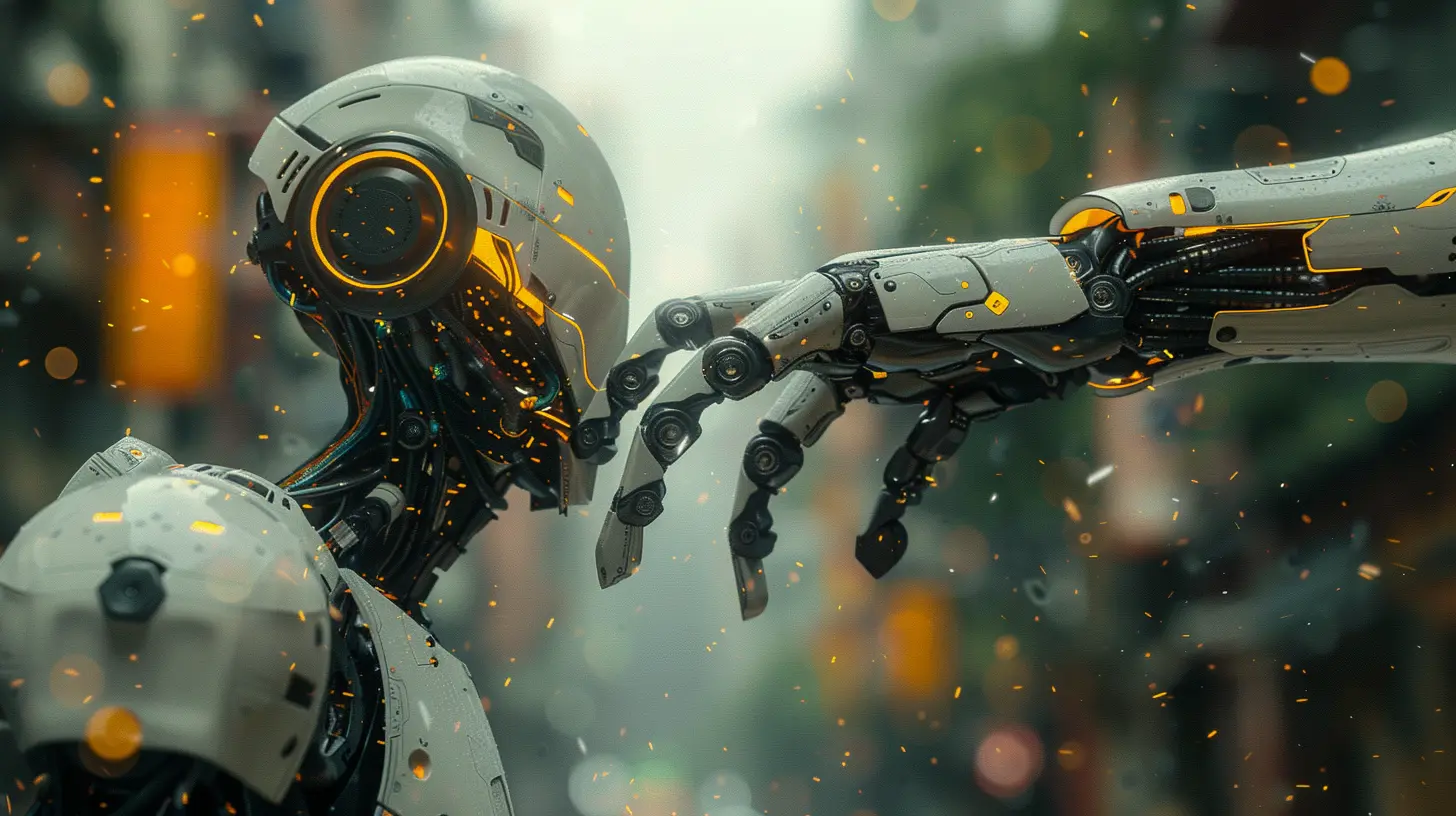
AI and Writing: Can Robots Be Storytellers?
ChatGPT, AI Poets, and Scriptwriters
Have you ever read a poem or short story written by AI? Some of them are surprisingly good. Tools like ChatGPT and GPT-4 can generate poems, screenplays, and even full-length novels.But are these writings original? AI doesn’t have personal experiences to draw from, so it relies on analyzing human-written content and blending it into something new. While the results can be fascinating, there’s always the question of authenticity.
Is AI-Generated Literature Meaningful?
One of the beauties of literature is the personal touch—an author pouring their mind, soul, and emotions into words. AI lacks this personal connection, but in a world where ghostwriters and collaborative writing exist, does the source of creativity truly matter?The Ethical Dilemma of AI Creativity
Should AI Replace Human Artists?
AI is already being used in creative fields—writing marketing copy, designing logos, even scriptwriting for movies. But should it fully replace human creators?Many argue that AI should be a tool, not a replacement. While AI can generate impressive work, human creativity comes from lived experiences, emotions, and spontaneity—things AI cannot truly replicate.
The Issue of Originality and Copyright
Another big concern is ownership. If an AI creates a painting, who owns the rights? The programmer? The user who prompted the AI? Or is it public domain? Copyright laws are still struggling to keep up with this new wave of AI-generated content.
The Future of AI Creativity
So, where do we go from here? AI is only going to get better at generating creative works, and while it may never replace human ingenuity entirely, it will undoubtedly change the way we create.Instead of seeing AI as a threat, we should view it as a collaborator—an advanced tool that helps us push the boundaries of creativity rather than limit it.
At the end of the day, creativity isn’t just about who or what creates something—it’s about the impact the creation has on the world. And if AI-generated art, music, or literature moves you, does it really matter who—or what—made it?
all images in this post were generated using AI tools
Category:
RoboticsAuthor:

Marcus Gray
Discussion
rate this article
1 comments
Diesel Gomez
This article beautifully captures the intersection of technology and creativity, reminding us that innovation can inspire profound new expressions of art. Bravo!
August 21, 2025 at 11:09 AM

Marcus Gray
Thank you for your kind words! I'm thrilled you found the intersection of technology and creativity inspiring.
